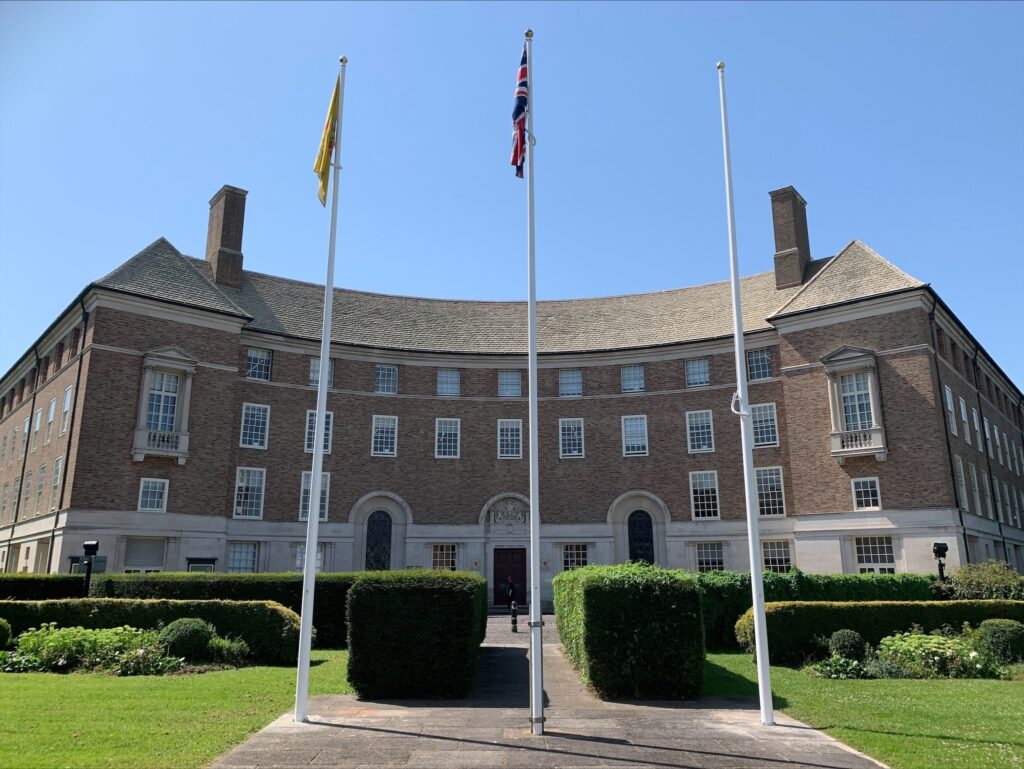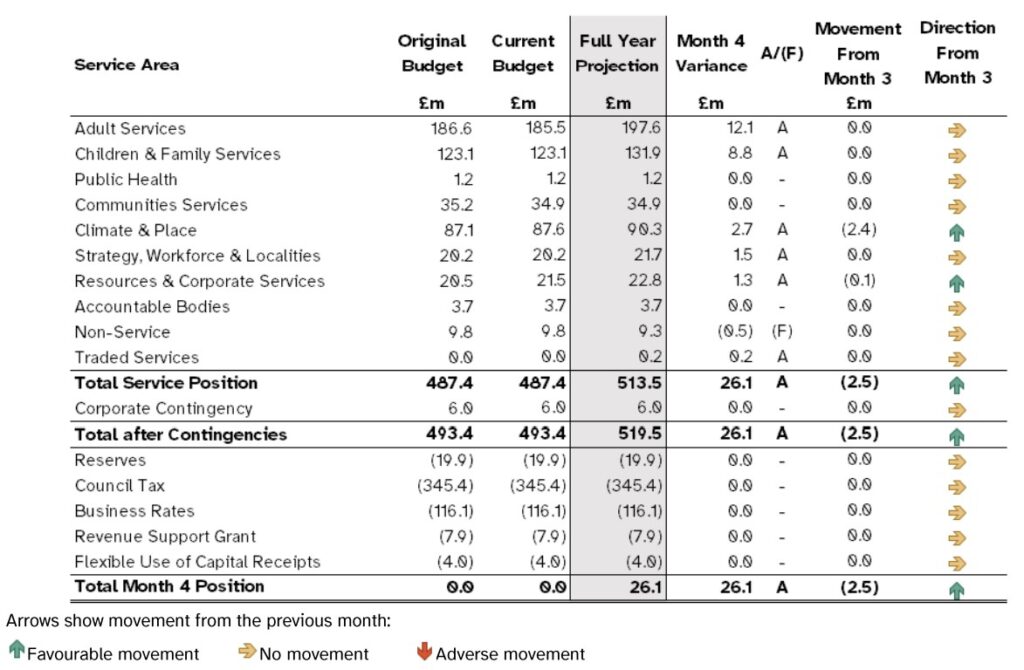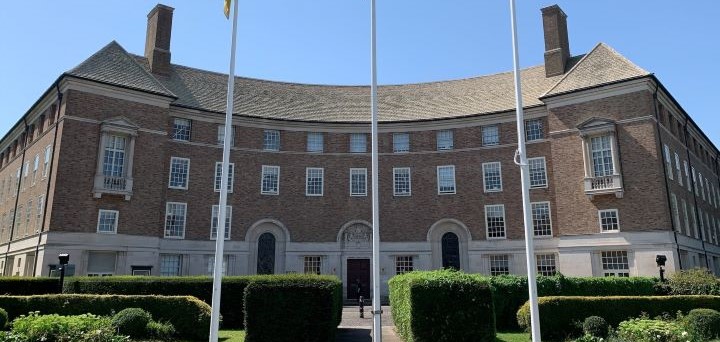Somerset Council is warning that its financial viability could be put at risk within two years because of its current level of care spending.
The authority’s “very stark and challenging” financial situation has been outlined in its latest budget monitoring report, which will be discussed in a meeting of the council’s executive next week (6 September).
As of the end of July, a £26.1m overspend against the budget is forecasted.

The report recommends that savings plans and recovery actions are now implemented wherever possible. Spending controls will be required and “need to be put in place until further notice”, while some council services will be reduced “to a statutory level and no more”.
Similarly, all recruitment will be reviewed and either delayed or deferred unless required to deliver statutory minimum staffing levels, for example.
Somerset Council drew £18m from reserves last year to fund spending beyond the 2022/23 budgets in adult and children’s care services. Demand and complexity of need for these services has risen greatly since the Covid-19 crisis, the authority said.
These two social care services are currently projected to overspend by £21m again in the current financial year, despite Somerset reporting “significant increases” in budgets in the two previous years.
An overall funding gap of £100m has been forecasted in Somerset’s Medium-Term Financial Plan (MTFP), which the budget monitoring report noted was of “sufficient magnitude to be potentially destabilising to the authority’s financial sustainability if it is not managed down”.
The report added that the authority – which was formed earlier this year following a merger of the county council with four district councils – had inherited a “relatively low level of reserves”.
Outstanding audits from predecessor councils also remain, the budget monitoring report noted.

As well as rising costs and complexity of care, the report highlighted inflation, interest rates and the labour market as factors which have had an adverse impact on the council’s finances.
Other challenges faced by the new unitary council include the rising cost of processing an increasing amount of household waste and the cost of refinancing loans taken out by the five predecessor councils.
The report urged the council to “move at pace to deal with the very difficult financial situation” that it now faced.
Liz Leyshon, lead member for resources and performance and deputy leader of Somerset Council, stated: “Repeatedly using the council’s reserves to fund day to day care services cannot continue without putting the financial viability of the council at risk.
“The national problems we warned about last year have not improved; if anything they are worse. The demand on social care continues to grow and inflation and interest rates have continued to rise. We now have a clear picture of the financial legacies of the five predecessor councils, although there is much work still to be completed by the external auditors.
“The current and next two years will be particularly challenging until the benefits of transformation of services at the new council can be realised.”
15th Annual LATIF & FDs’ Summit – 19 September 2023
250+ Delegates from Local Government & Investment
Leyshon called on the government to recognise the severity of the financial situation facing Somerset and other councils across the UK.
“After a decade of neglect, the government has to address the future of council funding and how pressures, particularly on councils with social care responsibilities, are pushing many well-run councils towards a section 114 notice,” she said.
“Having already taken savings from the move from five councils to one council, we now have a transformation programme that will start to produce saving in two to three years. We are working well with the local NHS on integrating our care services.
“Somerset looks poised to become Britain’s green energy powerhouse with Hinkley Point C coming on stream and the proposed new gigafactory, but the next two years will be very, very difficult. The council’s challenge will be to make sure we are in a the right place to make the most of these opportunities, while taking care of those most in need.”
As well as actions to limit spending and reduce service levels, Leyshon said the council’s capital programme would be reviewed.
“We need to maximise opportunities in economic development and look after our town centres,” she said. “We will review our whole capital programme to ensure that we create a Somerset Council that is sustainable in the longer term. This is a difficult task but one that we are committed to for the people of Somerset.”
—————
FREE weekly newsletters
Subscribe to Room151 Newsletters
Follow us on LinkedIn
Follow us here
Monthly Online Treasury Briefing
Sign up here with a .gov.uk email address
Room151 Webinars
Visit the Room151 channel














